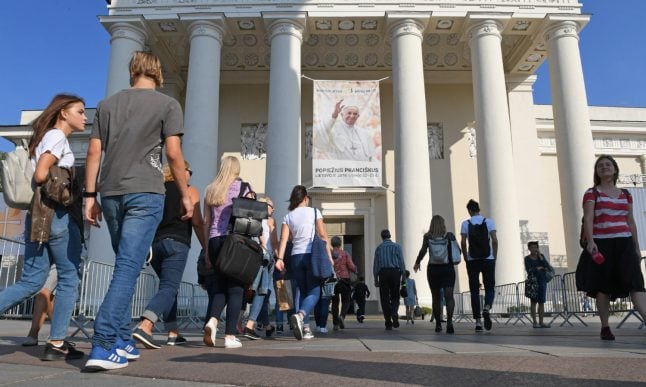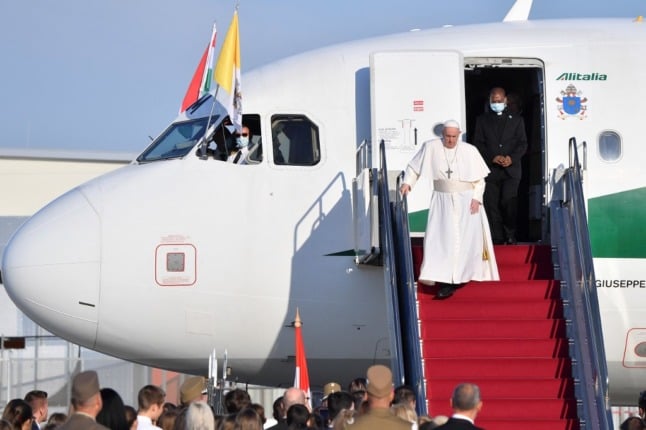The four-day trip to the northeastern edge of the European Union and Nato alliance brings him geographically close to Russia, where Vatican diplomats have been trying for years to arrange a papal visit.
The pontiff will visit mainly Protestant Latvia on Monday and secular Estonia on Tuesday as all three Baltic states mark 100 years of independence this year.
But the celebrations risk being overshadowed by a fresh wave of devastating claims of sexual abuse by clergy across the globe.
Scandals in Australia, Europe, and North and South America have involved widespread claims of abuse — and cover-ups — by clergymen and lay members with one archbishop describing it as the church's “own 9/11”.
Francis on Friday accepted the resignations of two more bishops from Chile, which is investigating more than 100 cases of sexual abuse by the clergy.
He has called for a meeting of the heads of Catholic bishops' conferences at the Vatican next February to discuss the issue of the “protection of minors”.
However, the pontiff has kept silent regarding claims he had ignored allegations of abuse that were reported to him.
Church authorities in Germany are expected to officially publish a study detailing decades of child sex abuse by priests as Francis winds down his trip on Tuesday.
According to the study, 1,670 clergymen in Germany committed some form of sexual attack against 3,677 minors between 1946 and 2014, Spiegel Online reported earlier this month quoting leaked data.
Francis will meet President Dalia Grybauskaite in Vilnius on Saturday before addressing youth and visiting a revered icon.
His trip will follow in the footsteps of late Polish-born pontiff Saint John Paul II, who travelled to all three Baltic states in 1993, just two years after they broke free from the crumbling Soviet Union.
The trio have since firmly anchored their future in alliances with the West by joining both Nato and the EU in 2004.



 Please whitelist us to continue reading.
Please whitelist us to continue reading.